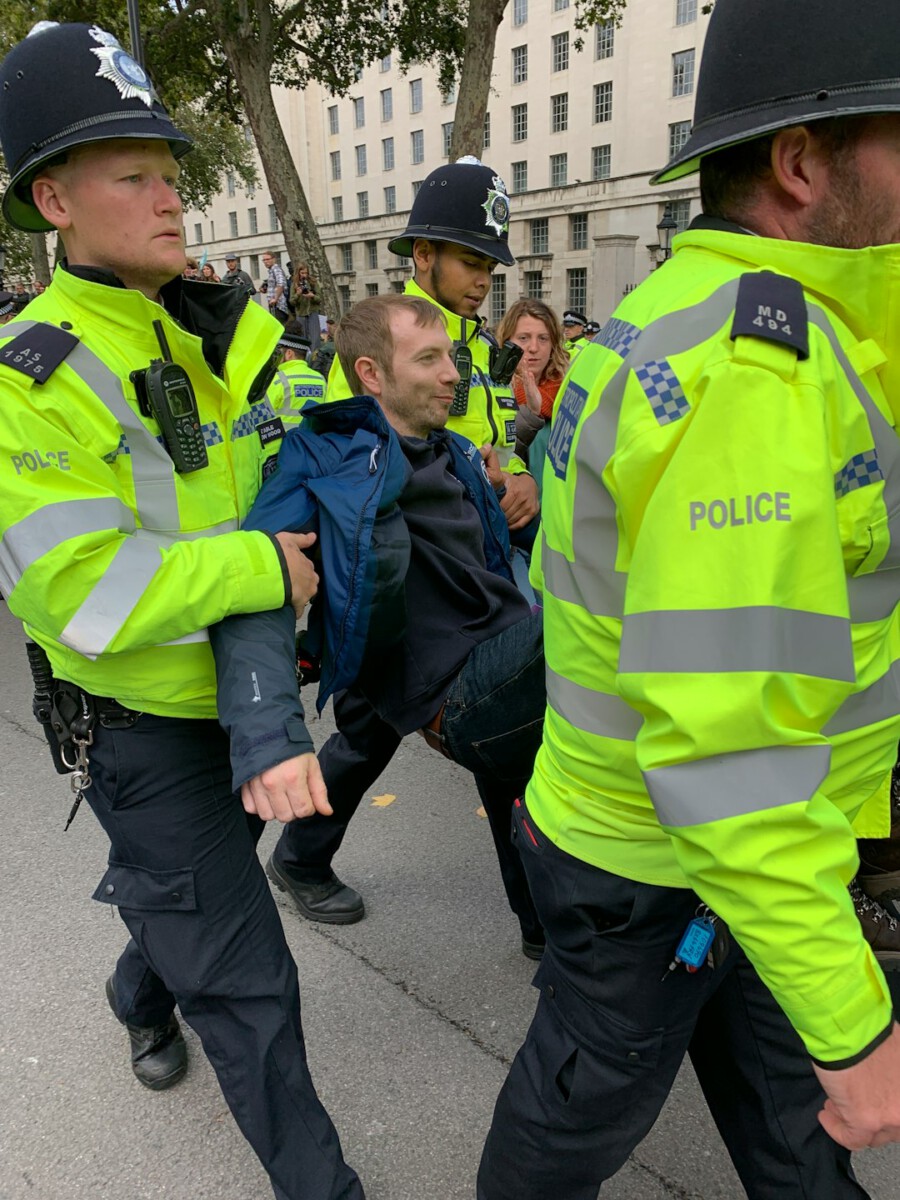A Surge of Everyday Courage (Image Credits: Unsplash)
Chicago – Amid the hum of city life, a sudden chorus of horns and whistles ripples through tight-knit blocks, turning ordinary streets into lines of quiet defiance.
A Surge of Everyday Courage
Picture this: regular folks grabbing radios and binoculars, stepping out to patrol their own sidewalks. It’s not a movie scene, but real life unfolding in Chicago’s immigrant-heavy neighborhoods. Volunteers from all walks of life have formed loose networks, eyes peeled for unmarked vans or suited agents. Their goal? Simple yet powerful – give families a heads-up before trouble arrives.
This movement kicked off quietly after reports of aggressive ICE operations flooded local news. What started as whispers in community chats exploded into organized watches. Hundreds now join in, proving that resistance doesn’t always need permits or protests; sometimes, it’s just showing up for your block.
From Whistles to Warnings: Tactics Taking Shape
The tools are basic, almost playful in their ingenuity. A whistle blast means “agents spotted – scatter smartly.” Car horns blare in patterns to alert without chaos. Some even tail ICE vehicles at a safe distance, broadcasting locations via group texts or apps. It’s low-tech solidarity at its finest, making federal muscle feel a bit less invincible.
Groups like those in Little Village and Avondale coordinate through neighborhood associations. They train each other on rights, too – reminding everyone to ask for warrants and stay calm. These patrols aren’t about confrontation; they’re about buying time for kids to get inside or documents to stay hidden.
Stories That Fuel the Fire
Take the single mom in Pilsen who credits a neighbor’s shout for keeping her family intact during a dawn sweep. Or the shop owner in Belmont Cragin blasting music louder than usual to drown out approaching footsteps. These tales spread fast, inspiring more to join. It’s emotional fuel, turning fear into fierce protectiveness.
Local leaders, from aldermen to faith groups, amplify the call. They’ve hosted know-your-rights workshops, drawing crowds eager to learn. One organizer shared how her block’s watch saved a teen from detention just last week. Moments like these bind communities tighter than ever.
The Ripple Effects on Daily Life
Beyond the immediate saves, this resistance reshapes routines. Immigrant-owned spots see more locals popping in, boosting sales amid the scare. Events like taste fairs in affected areas draw supporters, turning worry into unity. Yet, the tension lingers – kids skipping school, parents altering work shifts.
Experts note how such actions echo historical stands, like sanctuary movements of old. They slow ICE’s pace, forcing more caution. Still, the human cost weighs heavy; separated families leave scars that no whistle can mend right away.
Facing Federal Heat: Hurdles Ahead
Not everyone’s on board. Some residents worry about backlash, like agents targeting patrollers instead. Tensions boiled over recently when flash-bangs scattered a crowd outside a raided complex. Federal officials decry the interference, calling it obstruction, but communities push back with legal aid hotlines.
Law enforcement walks a fine line, with city leaders vowing to shield locals. Remote learning options for schools highlight the strain. Through it all, volunteers adapt – mapping safe routes, linking with lawyers. Their persistence tests the system’s edges.
Ways Chicagoans Are Stepping Up
Curious how you might help if you’re in the mix? Communities share practical steps that anyone can try.
- Download apps for real-time alerts and join local chats.
- Stock up at nearby immigrant businesses to keep them afloat.
- Attend free trainings on immigration basics and emergency plans.
- Share resources like hotlines for quick legal advice.
- Amplify stories safely, without doxxing anyone.
- Support mutual aid funds for affected families.
These aren’t grand gestures, but they stack up. Small actions multiply, creating a web of support that’s hard to unravel.
Key Takeaways
- Community patrols with simple signals like whistles are slowing ICE operations and saving families from sudden separations.
- Local support for businesses and events builds economic and emotional resilience in targeted areas.
- Sustained, organized resistance highlights the power of neighbors over isolated fear.
In a city built on waves of newcomers, this whistle-blowing wave reminds us that protection starts at home – literally. It’s a testament to what happens when people refuse to look away. What role would you play in your own neighborhood? Share your thoughts in the comments.







